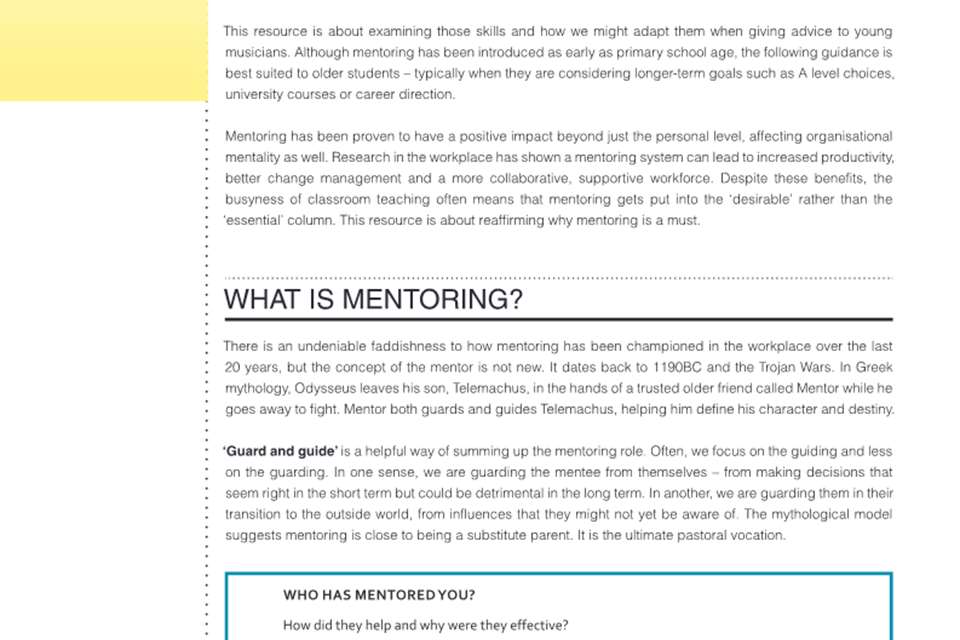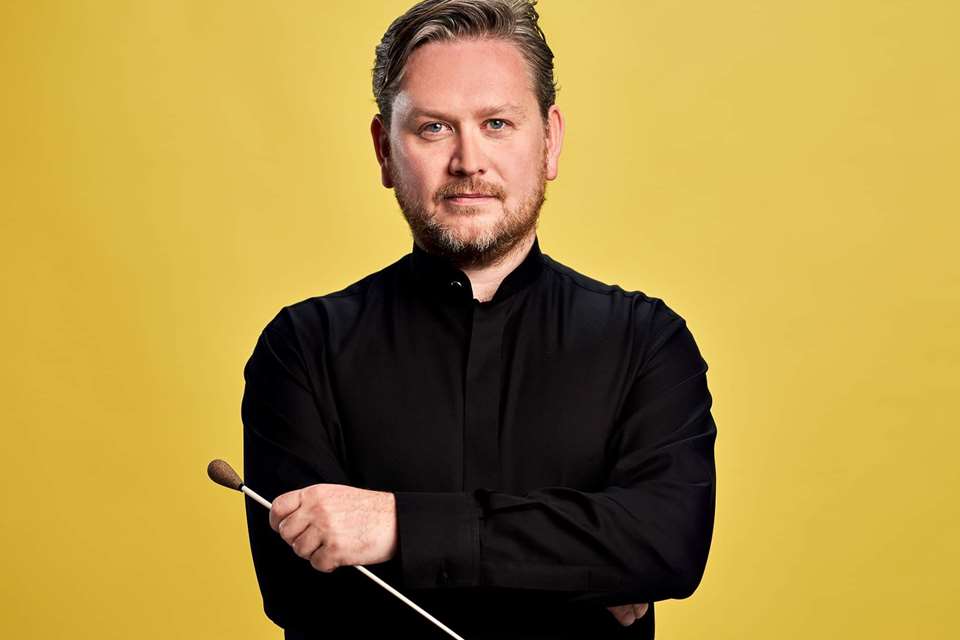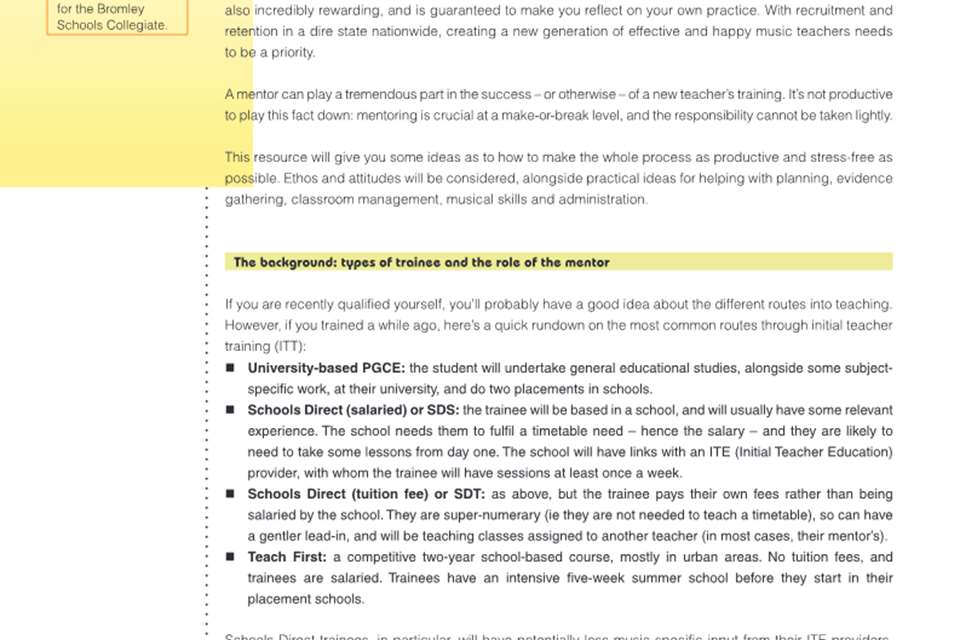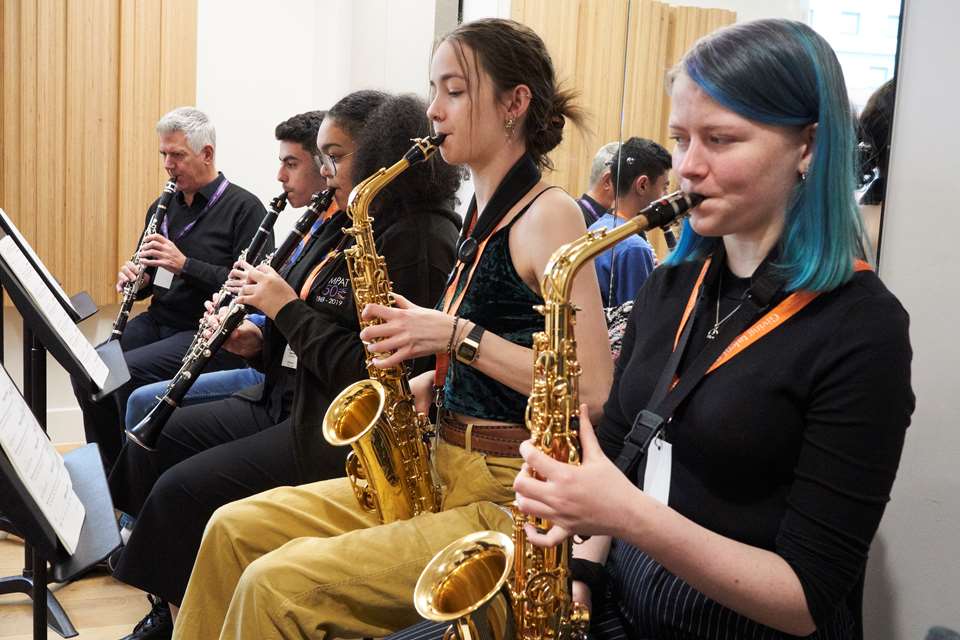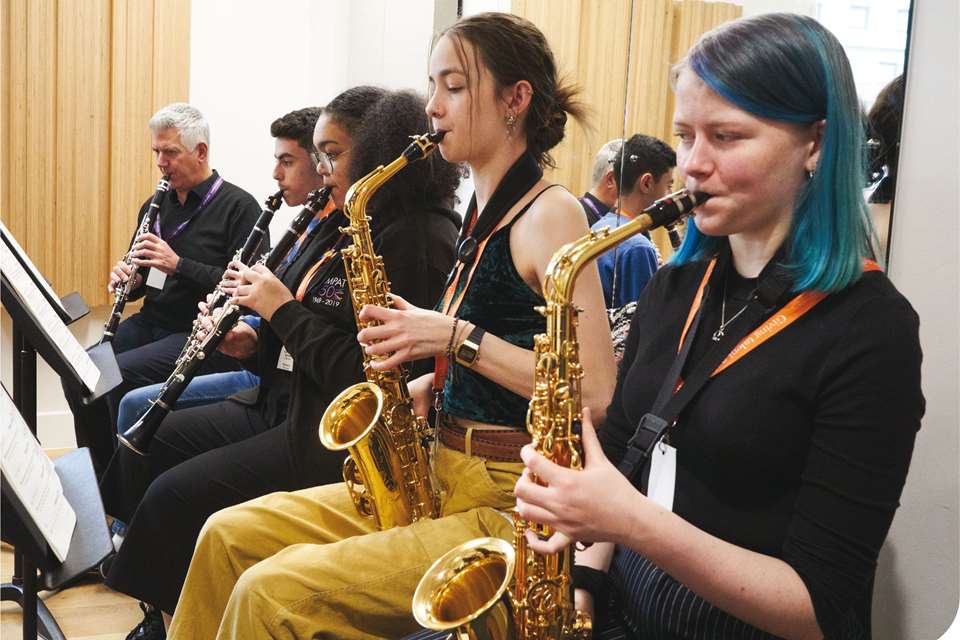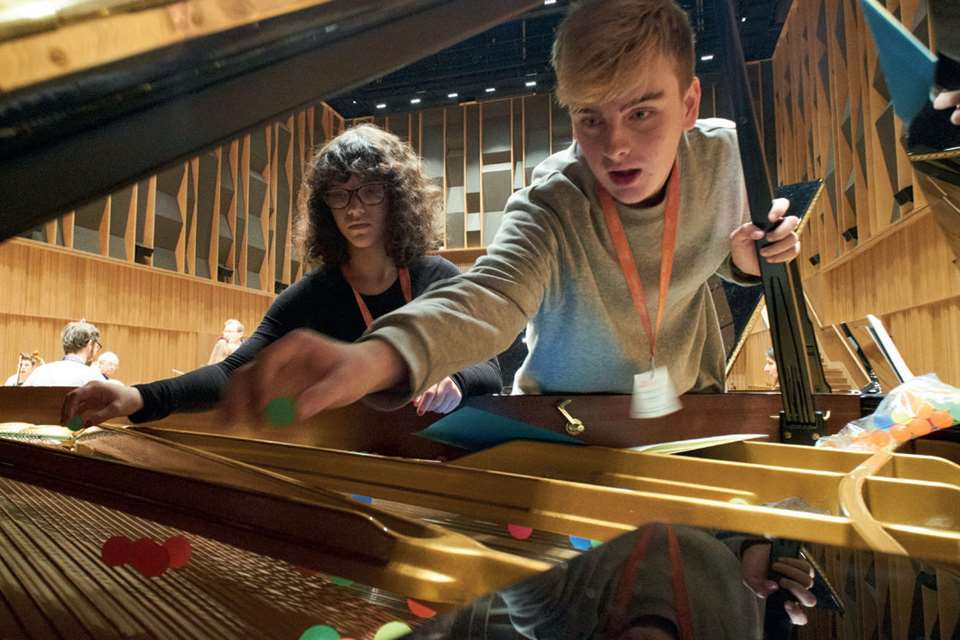Rethinking the master-apprentice approach
Mahaliah Edwards
Monday, August 1, 2022
Turning the traditional learning environment hierarchy on its head, Mahaliah Edwards reflects on the benefits of adopting a mentoring attitude in your instrumental or vocal lessons.

Learning from someone older, wiser, and more experienced has always been the norm. Particularly with music, the master-apprentice model can be found across all provenances throughout time. Many folk traditions rely on music being taught from generation to generation, elder to younger. The same can be said in Western art music: Haydn taught many musicians including Beethoven and Bridgetower. Nadia Boulanger was a highly influential teacher and mentor to some of the best modern musicians and composers. Many of the best violinists on today's stages can trace their ‘pedagogical lineages’ all the way back to the great teacher and virtuoso Corelli. Clearly, the master-apprentice approach has produced excellence in music; but what happens when we turn it upside down?
Talent to Talent is a peer mentoring and creative music-making programme delivered by Awards for Young Musicians. I've been a mentor on the programme since its pilot in 2016 through to the most recent projects last year. This opportunity has coincided with my own professional progression from conservatoire student to portfolio-career musician to which working with young people is central. The experience of being a mentor to younger yet equally talented musicians has completely changed the way I think about interactions between musicians and what learning can entail. There were no role models or mentors for me in my own musical journey to being a violinist – now I can be the change I want to see. This project has illuminated my thinking as a teacher, learning from my students and, indeed, younger ‘less-experienced’ musicians. Magic can happen when we value their voices and give them the chance to be brave in a safe, supportive, and creative space.
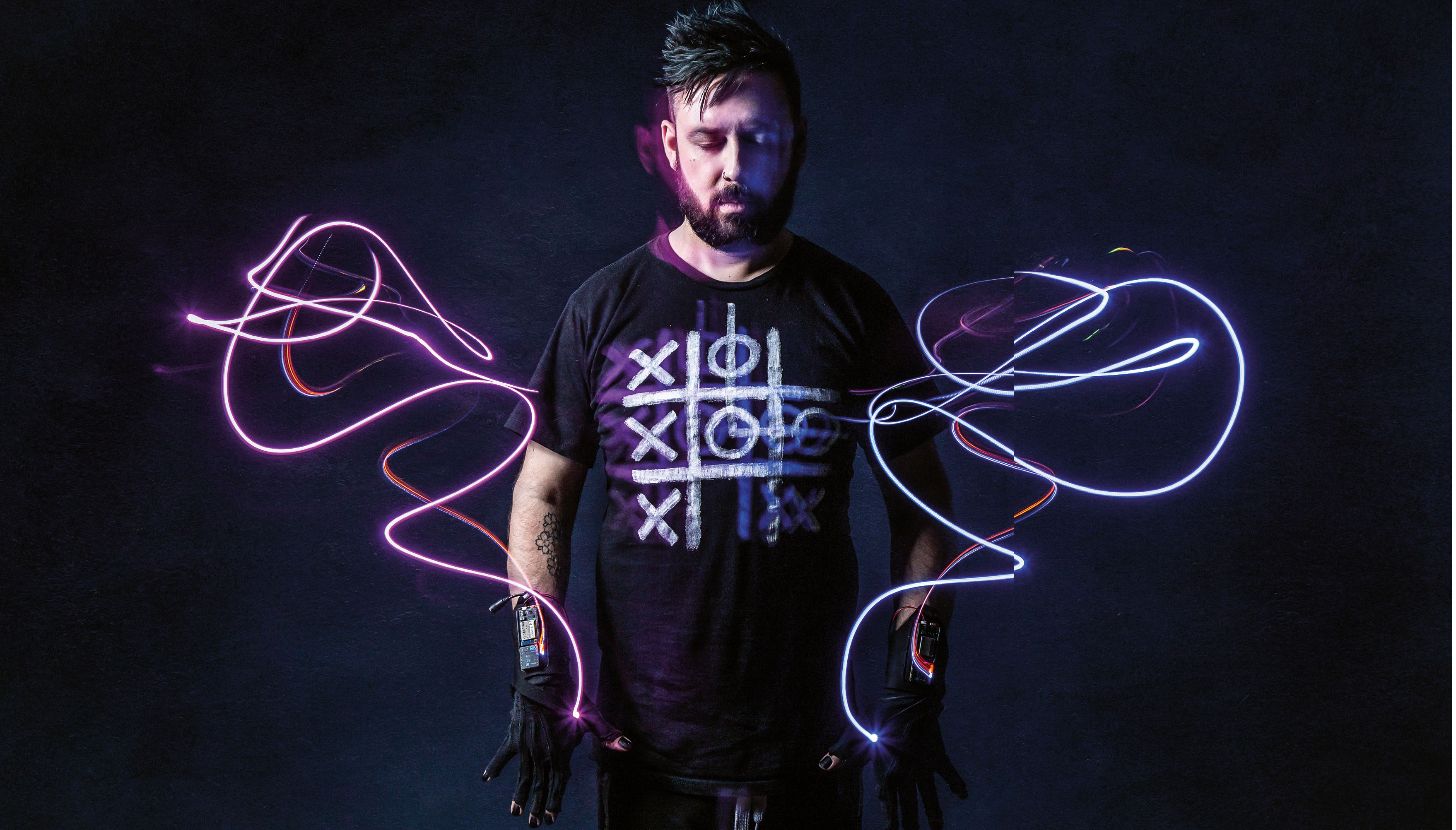

No experience reigned supreme
The immediate joy of Talent to Talent is the bringing together of musicians of different ages, stages, and musical experiences. Particularly with the 2021 projects, just being able to make music together and share conversations with other musicians was a real balm when dealing with the ever-present notion of isolation in the pandemic. Bringing musicians from a variety of traditions altogether reinforced the fact that everyone's experiences were equally important. This really set the tone for the project because it meant that even the most experienced person in the room had something to learn from someone else. There was not one single experience which reigned supreme over everyone else's, but rather a collective bank of several different forms of knowledge, experiences, and perspectives. A pivotal moment for me was learning from a folk pipes musician, challenging many of the more established players to improvise with a completely different genre, sound and skill set.
Back in 2016, I was paired with a young cellist from London. She had a steely confidence and at only 13, she had already achieved Grade 8 with distinction and was looking at next steps. At her age, I had only just started taking violin seriously, so initially, I did not know exactly what I could do to mentor her. It turned out that I really had to do a lot of learning about things which I myself had never done in order to help her on her musical journey. This experience was a defining one: I didn't have to know everything to help someone else. Similarly, more recently, three consecutive days of creative music-making at AYM were completely dominated by the youngest talent in the programme, despite them being outnumbered by the mentors. The clarity of musical intention coming from the eight- and nine-year-old clarinettist and double bassist really challenged the mentors to take on ideas outside our comfort zones.
Value fresh perspective
As teachers, it is often easier to centre a lesson or workshop around our own skills and knowledge. We tend to think about how we can transfer our knowledge to our pupils. In any traditional learning environment, there is somewhat of a hierarchy, and we're at the top. I think it is helpful not to think of young people or the less experienced as a blank canvas or an empty vessel, but rather to look at what they already know and the value in their fresh perspective. It is ok not to always be the expert in the room and allow the young people we teach to share their expertise. We know that a child's creativity dwindles the older they get, and so it is incumbent on us as teachers, mentors, and fellow musicians to think of innovative solutions to learning, and appreciate knowledge, value, and skills as a spectrum rather than set in stone.
A series of filmed resources about Talent to Talent is available on Awards for Young Musicians’ YouTube channel.



